IT 2: Psychology Essay: Defining and Testing Intelligence, Feb 2020
VerifiedAdded on 2022/08/09
|5
|772
|51
Essay
AI Summary
This essay delves into the multifaceted nature of intelligence, exploring the challenges inherent in its definition and the controversies surrounding its assessment. It examines the difficulties in formulating a universal definition, highlighting various perspectives and the influence of cultural factors. The essay further investigates the debates surrounding intelligence testing, including biases and the misuse of test scores. A significant portion is dedicated to the impact of acculturation on test performance, emphasizing how cultural adaptation and exposure to different environments can influence cognitive abilities and, consequently, test results. The essay supports its arguments with references to relevant research and academic sources, providing a comprehensive overview of the subject matter. The essay covers the difficulty of defining intelligence, controversies about intelligence testing, and the impacts of acculturation on the performance of intelligence tests.
1 out of 5
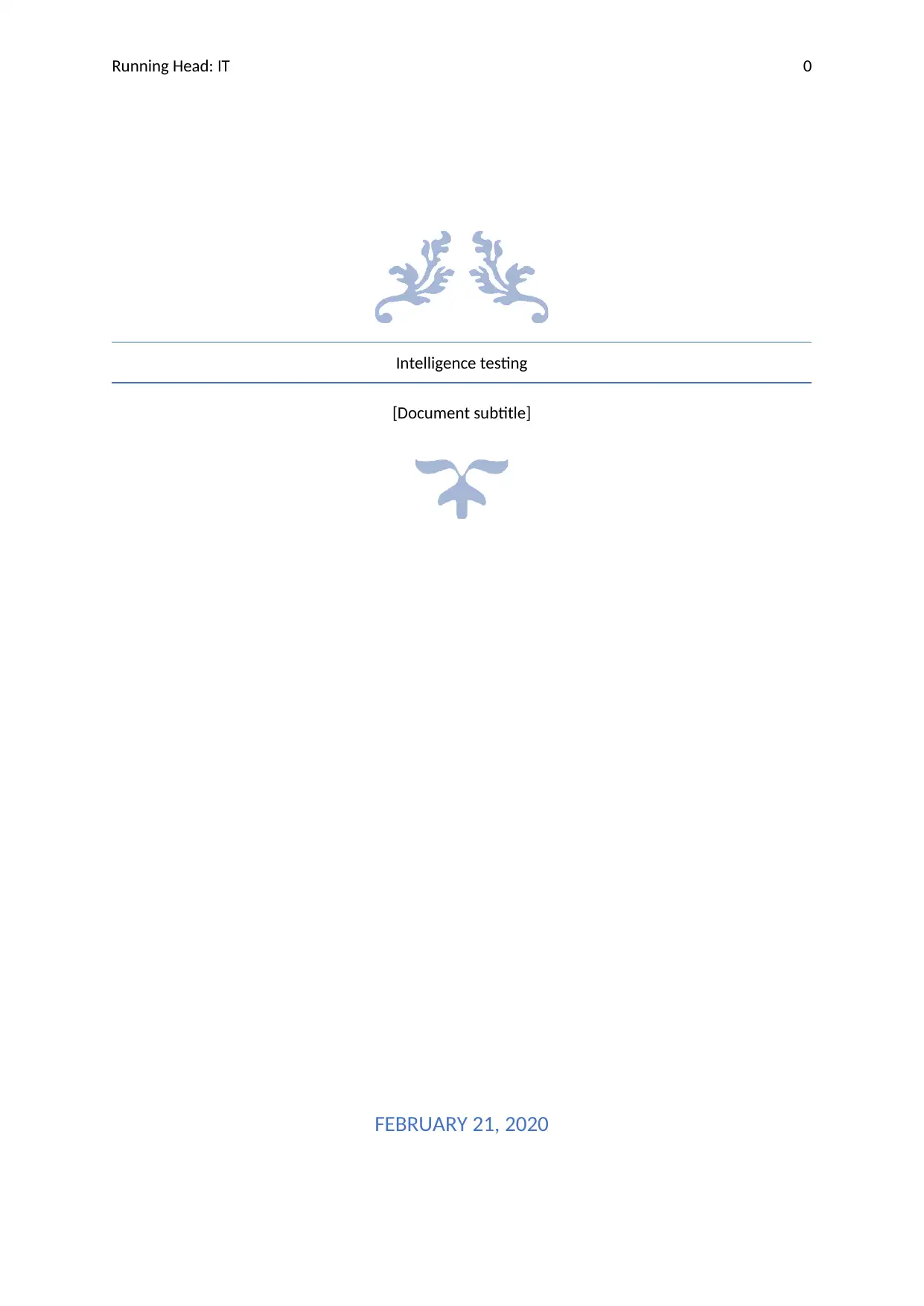
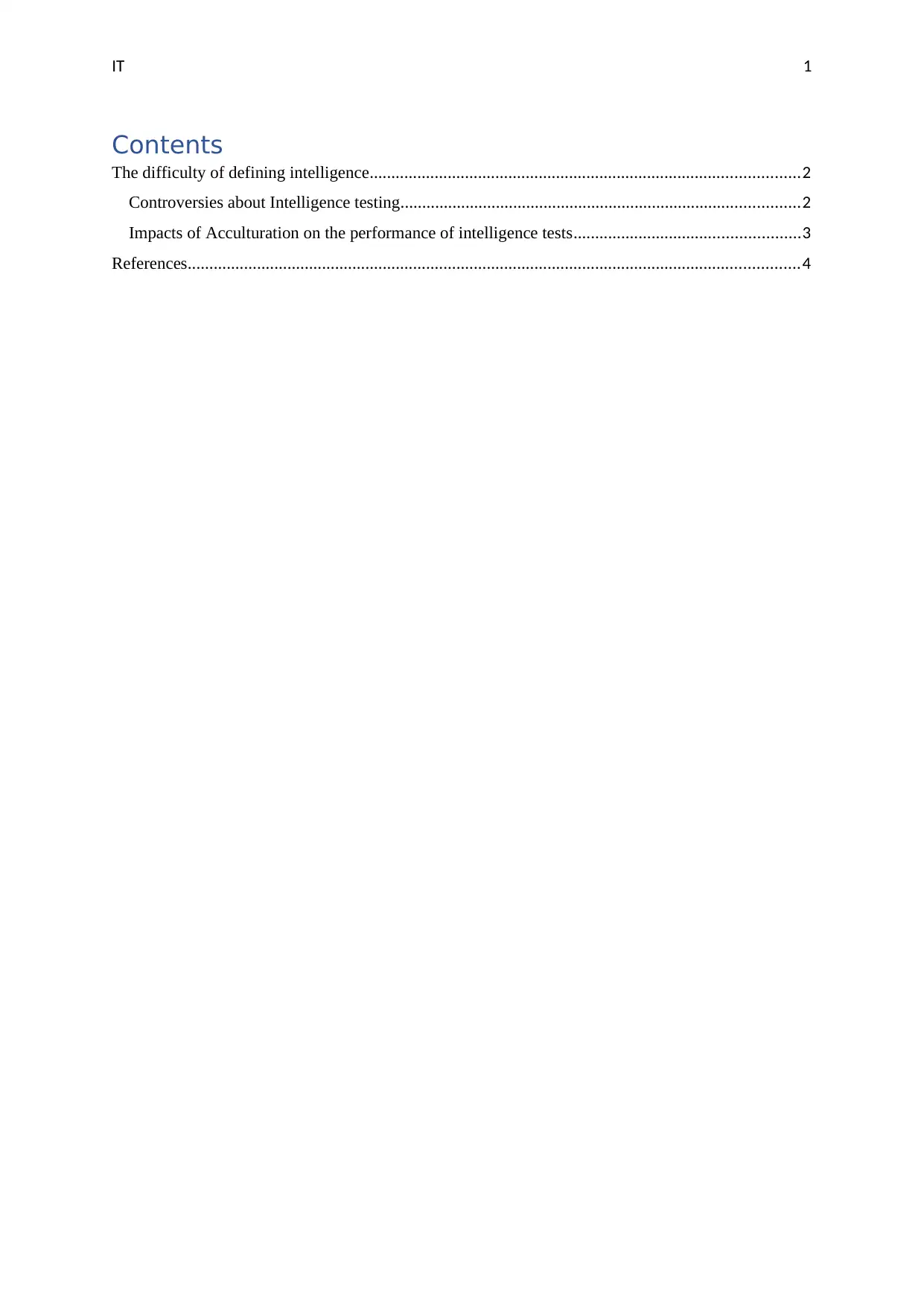
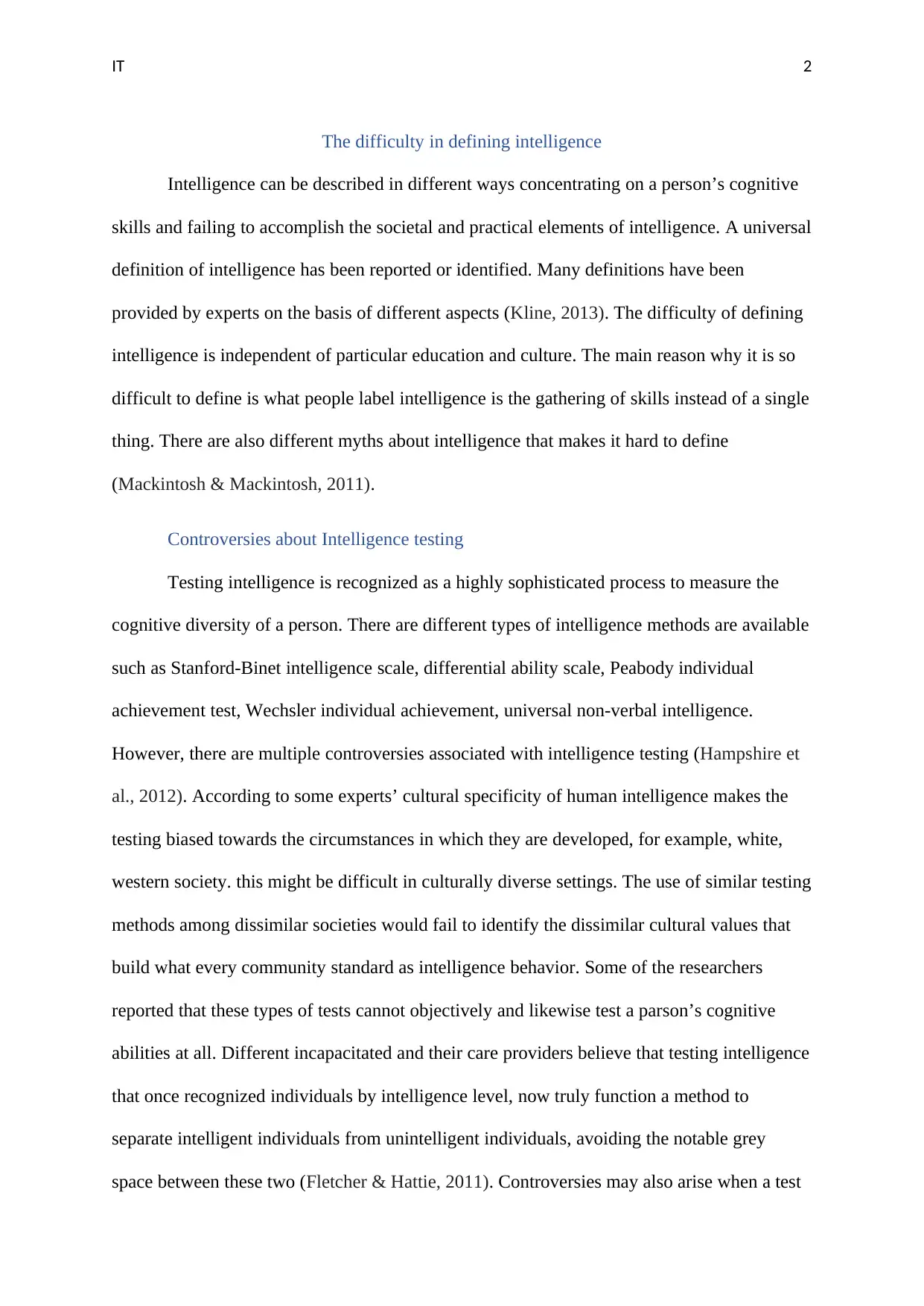

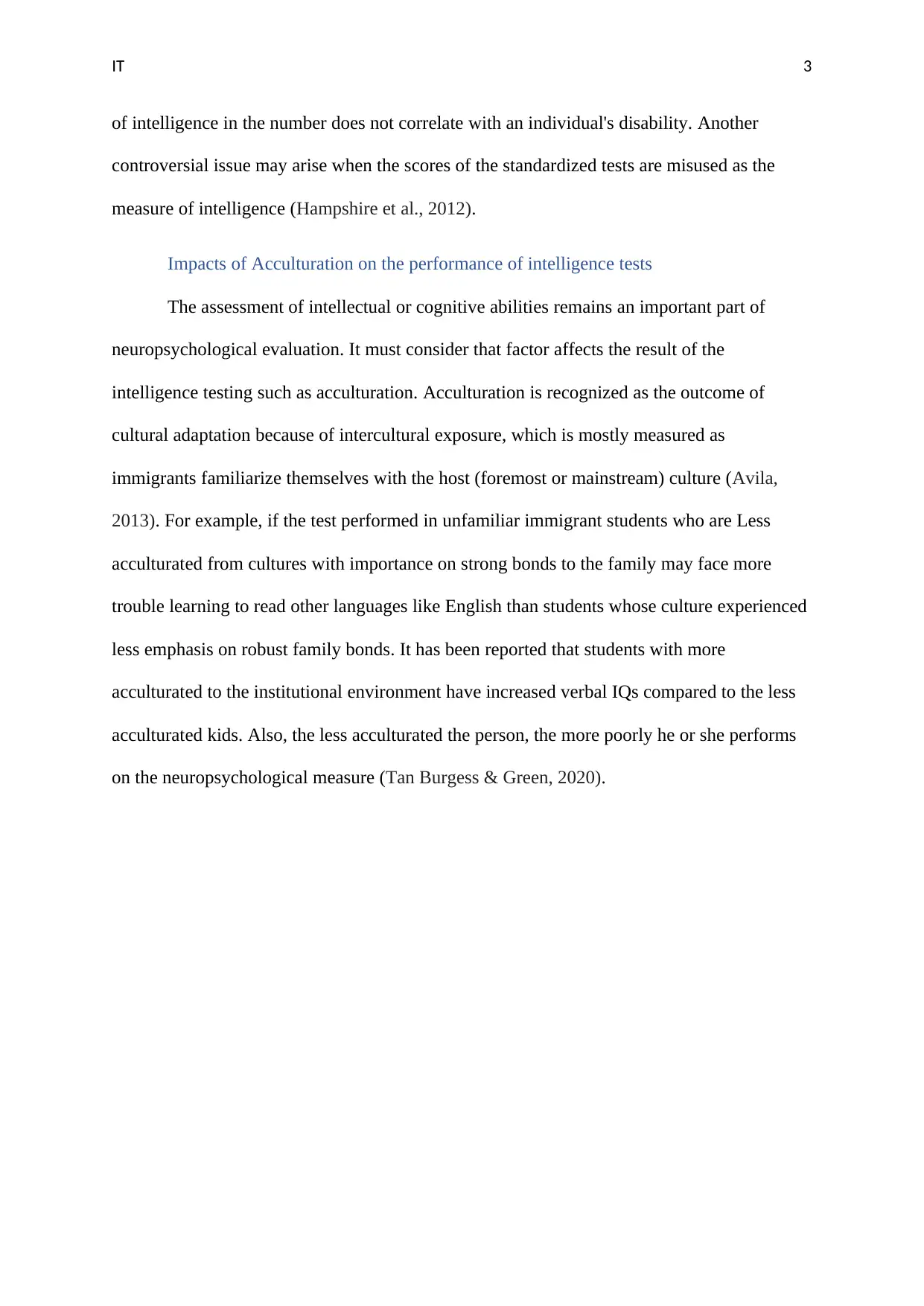
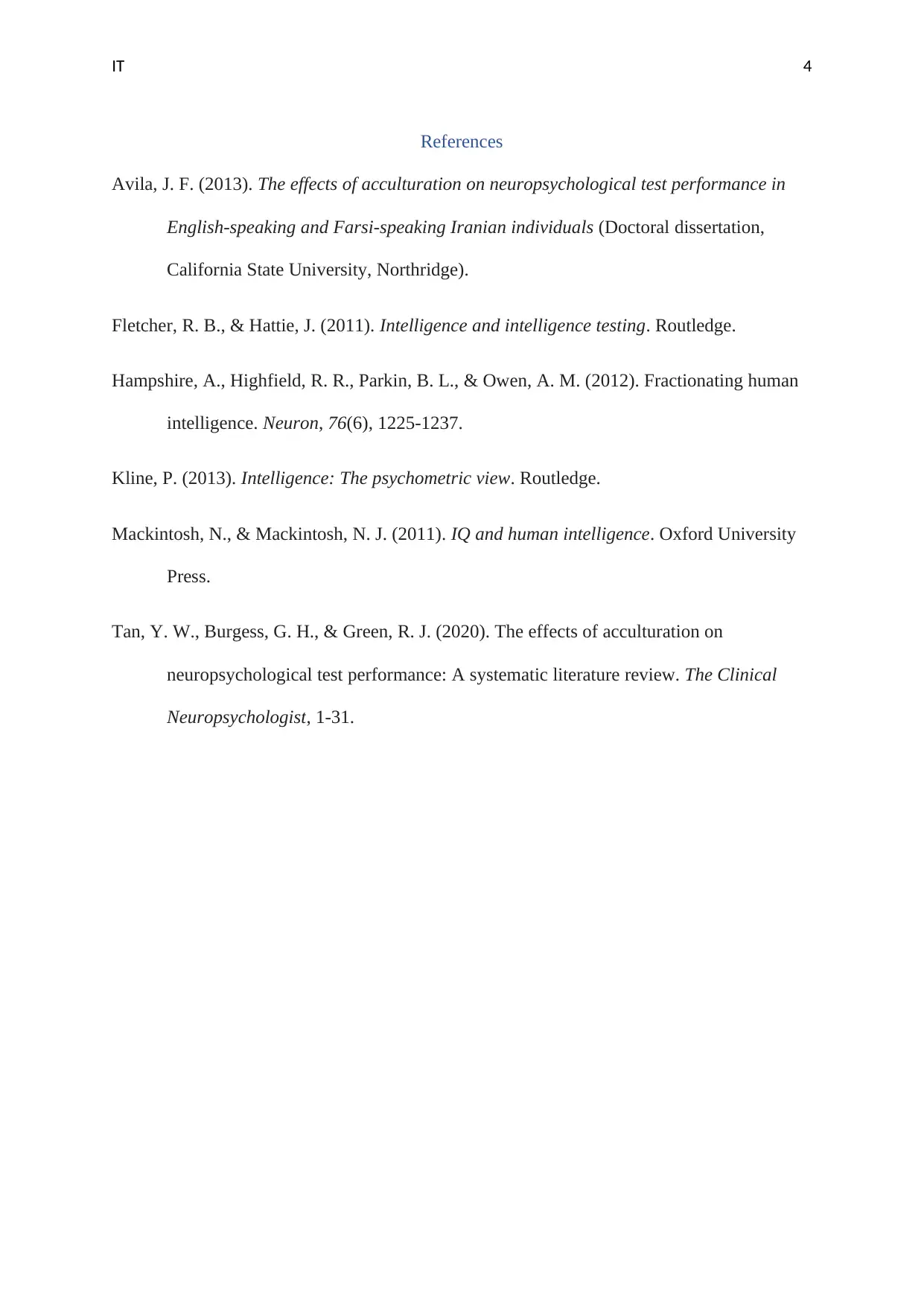
![[object Object]](/_next/static/media/star-bottom.7253800d.svg)